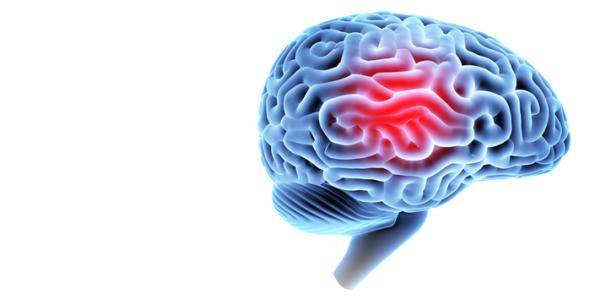


Often associated with contact sports injuries, concussions are caused by the traumatic movement of your head whipping back and forth. Concussions are categorized as a form of traumatic brain injury (TBI) that affects brain function and damages delicate brain cells. Once widely thought to be a minor injury, studies now show that even the mildest of head injuries can cause severe cognitive, physical and emotional side effects and can result in disability or even death.
Hundreds of thousands of TBIs occur each year — the leading causes being young children falling down, followed by athletes getting injured in contact sports. Concussions also happen in accidents like car crashes and physical altercations. But no matter how they happen, head injuries should be taken very seriously.
It’s important to understand the short- and long-term side effects of a concussion, since they can change over time. Here’s what to look for if you think you or a loved one has a concussion:
Short-term effects include:
Long-term effects look like:
The more concussions someone has over time, the more likely they are to experience long-term side effects — especially if they do not give their brain time to heal in between, which can result in permanent brain damage.
If you experience a head injury, it is imperative that you see a doctor right away so they can assess your symptoms. Any symptoms following a head injury should be treated as an emergency. After a concussion, your doctor will recommend staying away from bright lights, applying ice packs to your head, keeping friends or family close by and focusing on one thing at a time. If you or a family member are in need of immediate medical care, try one of El Camino Health’s four urgent care centers in Mountain View, Cupertino or San Jose.
Be sure to share any and all symptoms of a concussion with your healthcare provider so they can advise you on the best way to recover. You only have one brain, so get educated during Brain Injury Awareness Month this March and keep your eye out for the signs and symptoms of concussions.
This article first appeared in the March 2020 edition of the HealthPerks newsletter.

Identify your risk factors and what to do if you are at risk.